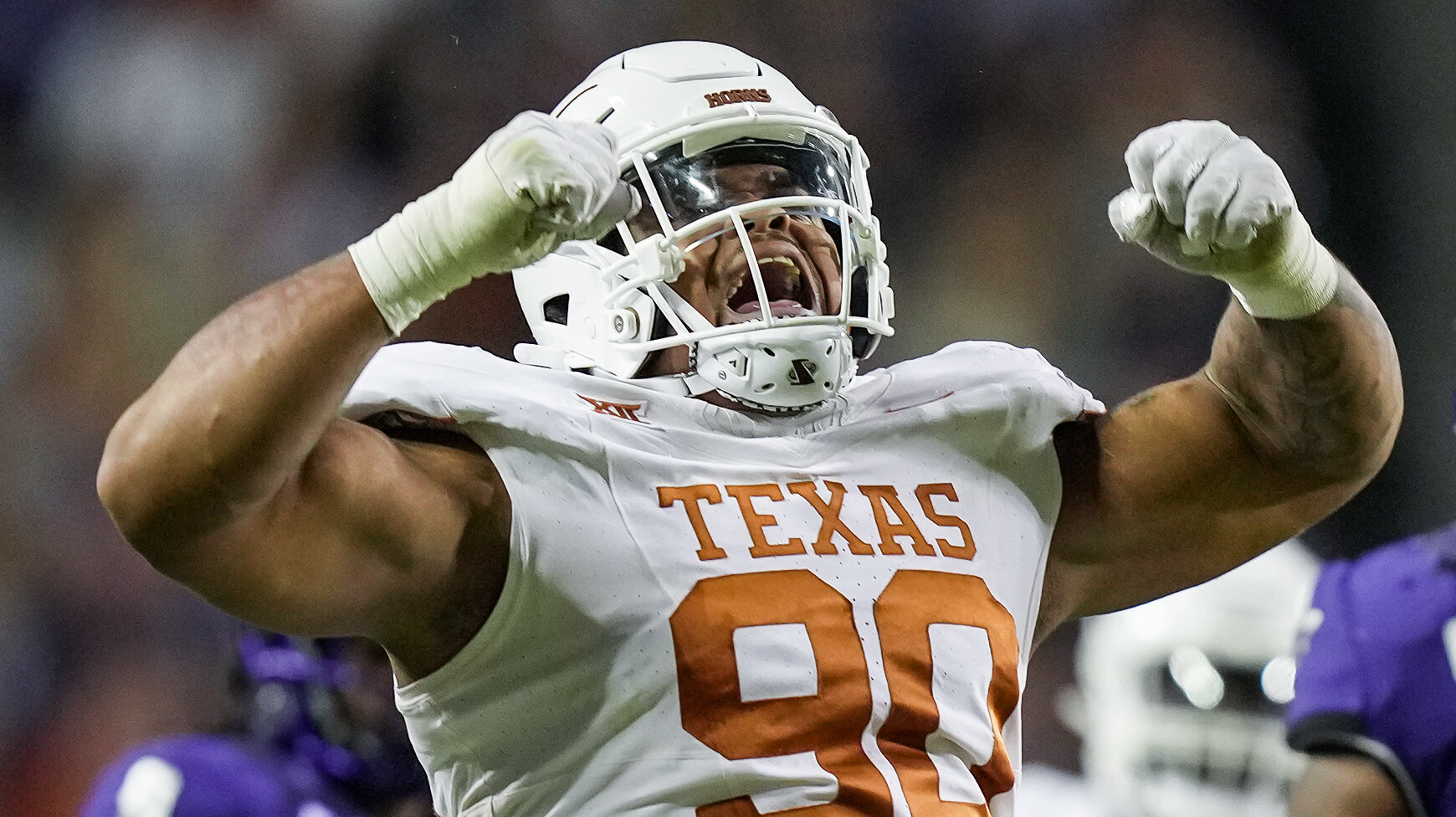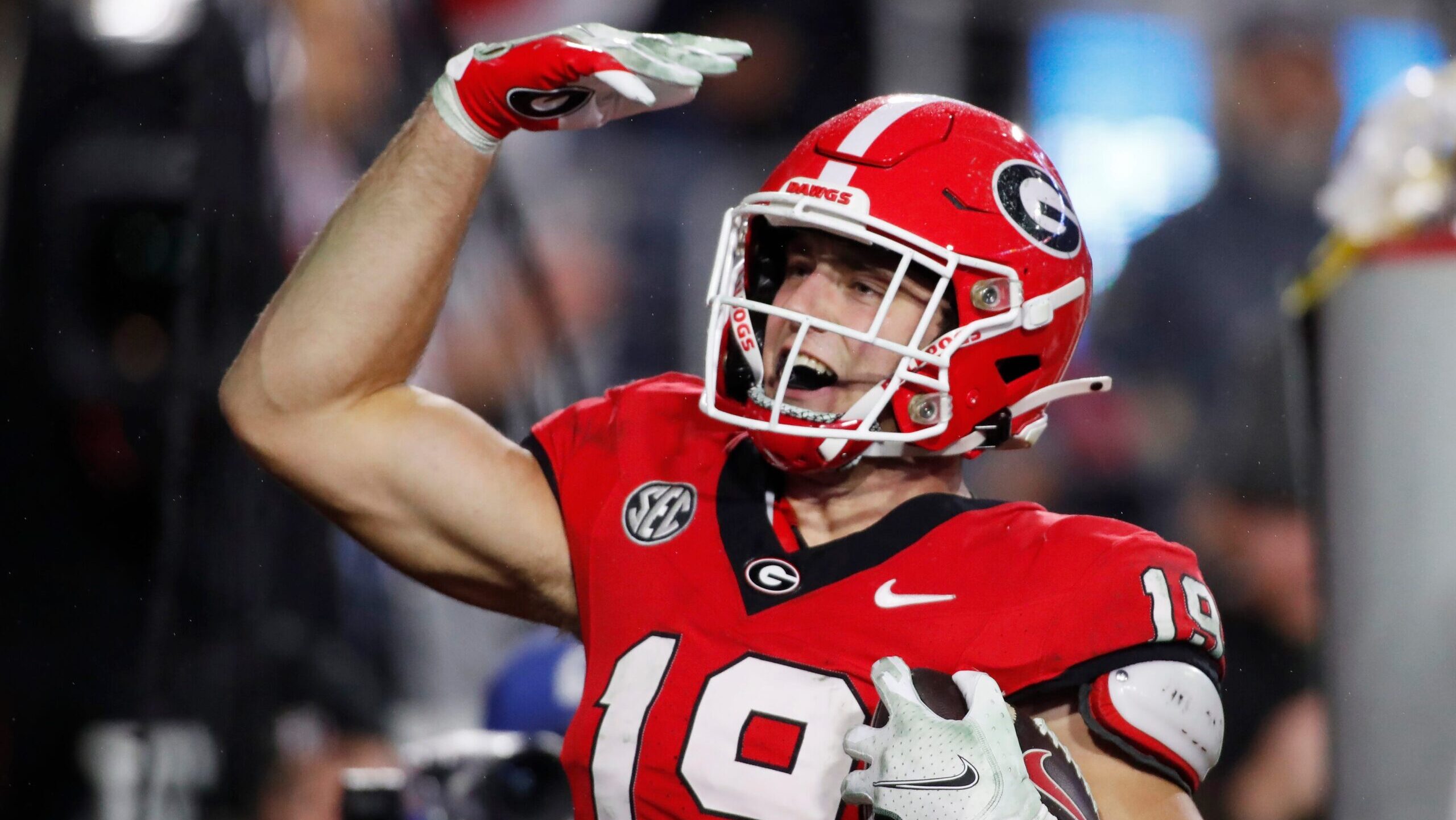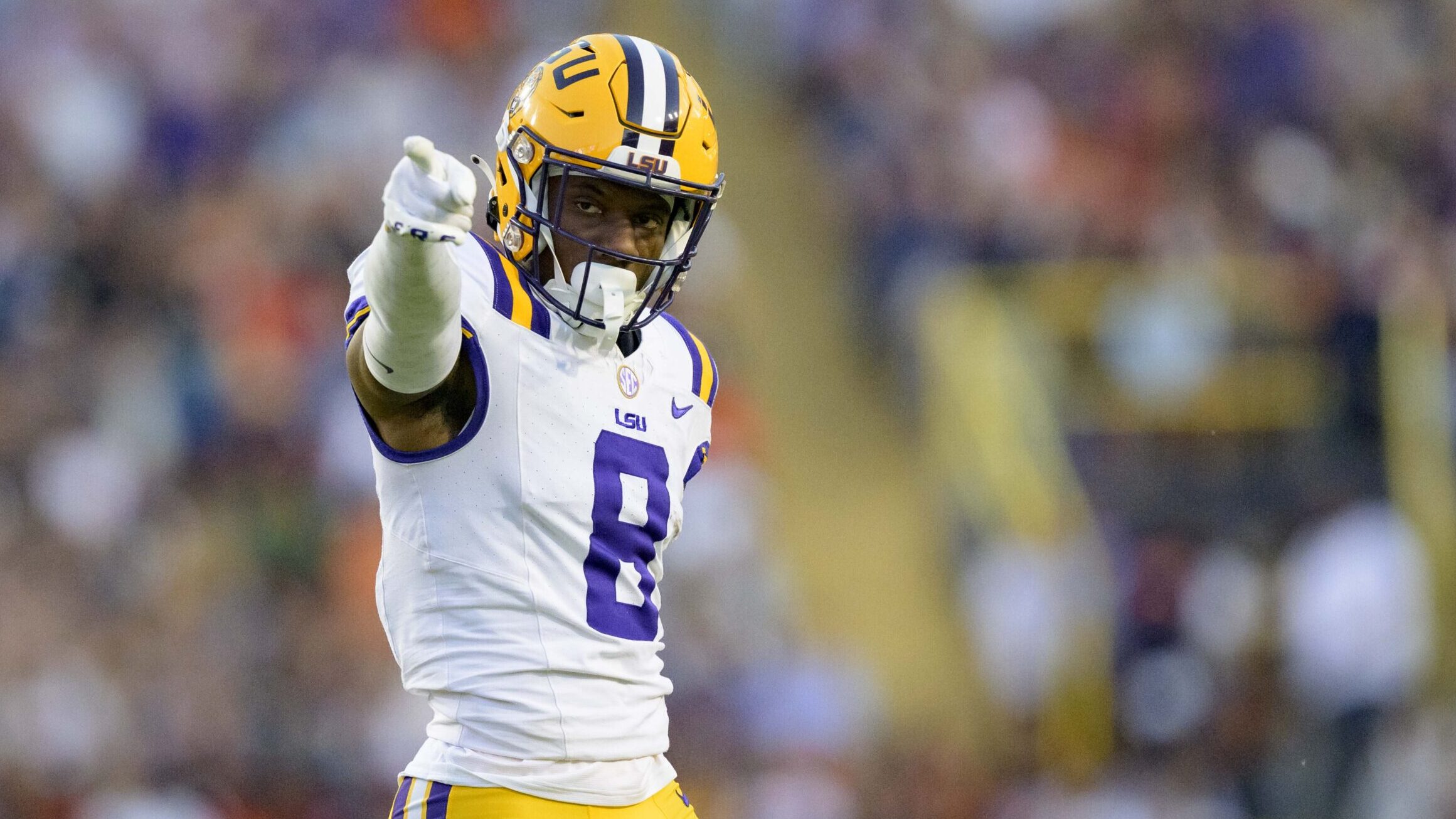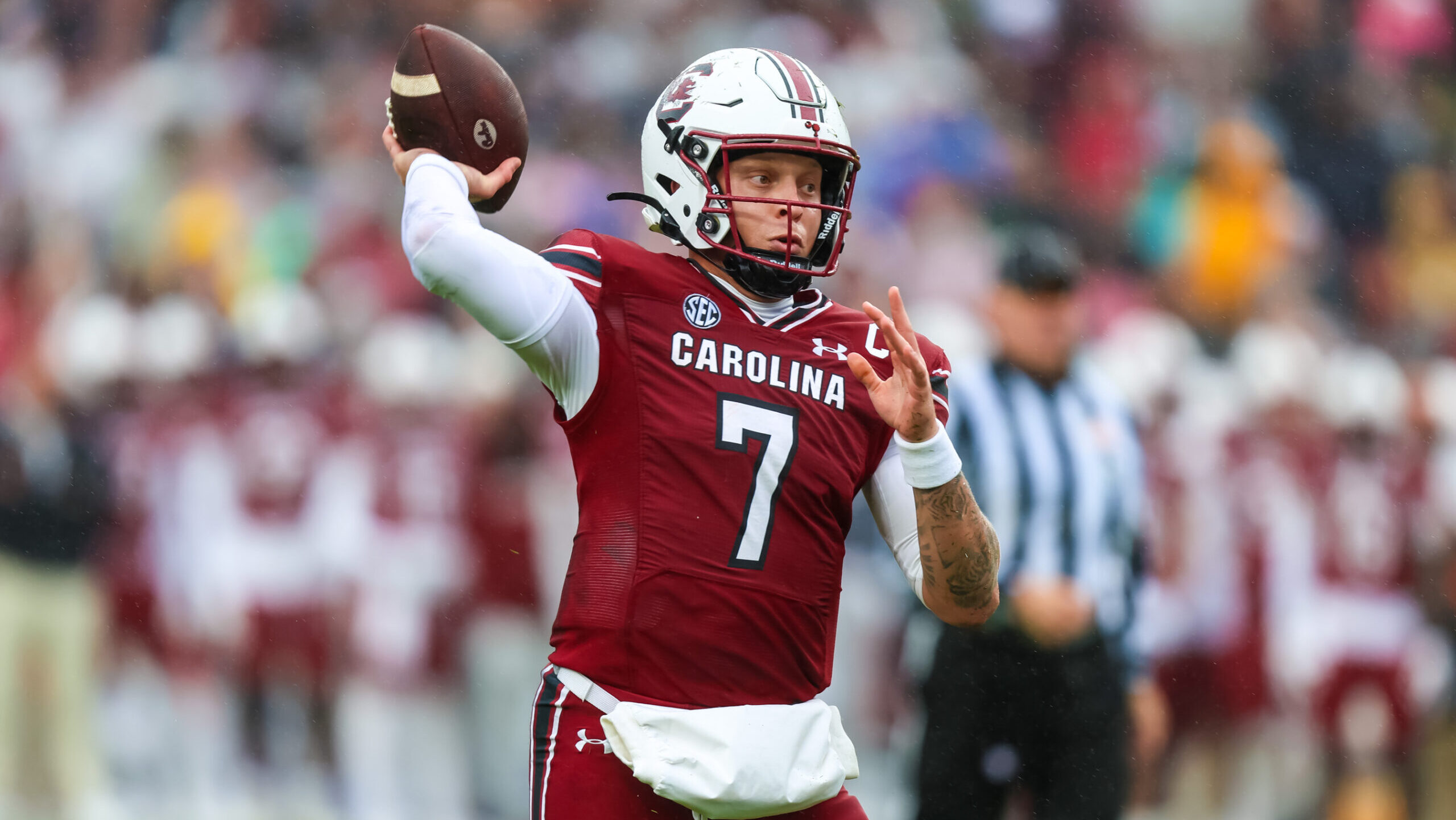Analysis
1/21/22
6 min read
Rich Gannon: Preparing a Quarterback For The Playoffs
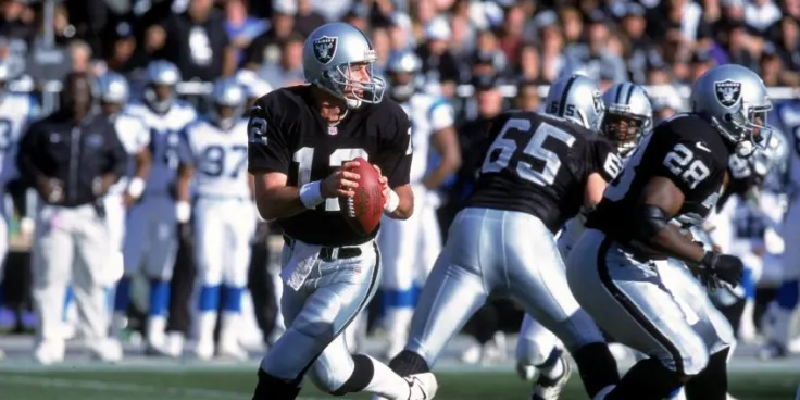
When a team makes the playoffs, there's a certain optimism in the building. You walk in the front door and the receptionist is excited because in the back of her mind she’s thinking about a Super Bowl ring. The quarterback, however, can’t look that far ahead.
Don’t Overwhelm the QB
The last thing any team wants to do is overwhelm their QB. He has so much information that it’s sort of fallen through his brain. As a result, you have to try to keep things as normal as possible, sticking to the schedule for what you want to accomplish.
During the regular season, you watch the four game breakdown and then you watch all the cut ups. In the playoffs, however, you may have more information based on who the opponent is. If it's a divisional opponent or someone you played this year, you certainly go back and look at that game with great interest. But for example, say you're playing a team that you played in September or October. That team may have changed significantly based on their scheme and/or personnel since you played them. So there is a lot that goes into the preparation.
Ultimately though, less is more. It’s crucial that the quarterback feels really comfortable with the gameplan and the opponent. Once he has that down, I want him to play fast. He should hear the play call, go through his process, then rely on his reaction. There isn’t time to be overthinking or second guessing. It has to be right there at his fingertips. You don't want too much going through his mind.
Coordinators do a really good job with all of this. At this point in the season, it’s not like anyone is going to reinvent the wheel. Instead, we talk a lot about illusion and disguise. We want to create the illusion that we're extremely multiple in nature. We've got all these different concepts and plays and shifts and motions and personnel groupings. But in reality, we want to be simple and we want to run that same concept with different formations and with different personnel groupings. Because flanker drive is flanker drive, and the other details don’t really matter. It's still drive concept, and it’s still drive footwork.
The key is to play with confidence and not be overwhelmed. I don't want the QB to feel like it's different. Because once the ball kicks off, honestly, it’s just football.
Mistakes are Magnified
At the same time, one difference with playoff games is that mistakes are magnified due to the level of competition. When you turn the football over against Tom Brady, he’s going to score. He doesn’t need any help or handouts. He will capitalize if you turn the ball over. The point is that when you turn the ball over in the postseason, you're turning it over to the best QBs and Coordinators. Drew Brees, Tom Brady, Peyton Manning. Josh McDaniels, Byron Leftwich, etc… All of these guys are great at what they do.
I always say every possession is important. But when I played against Peyton Manning and Tom Brady, I felt like I had to come away with points every possession. You have to assume that every time they get the football it's going to equal points or field position. In other words, they’re either going to get a touchdown or a field goal. And if they don’t, they’ll get a couple of first downs and then they’ll punt and pin you deep in your own territory. In my mind though, I assumed they were always going to come away with points.
The last thing you want to do is give them a freebie. That's how you lose the game. You have to be keenly aware of the significance of those mistakes. In contrast, during the regular season, you might be playing an inferior player; your defense may be able to go out and get a stop or hold them to a field goal. But against Aaron Rodgers and those types of players, you just have to assume that when you make a mistake, it's going to be a costly one.
In terms of preparation, you always go into every game with the idea of ball security. You’re trained that ball security makes us who we are, so we don't throw interceptions. We don't put the ball on the ground. We take care of the ball and win the turnover ratio.
Nerves
Marty Schottenheimer had a great line, “don’t mess with my money.” In other words, you’re going to get paid based on playoff performance. Marty’s big thing was that there must be a heightened sense of awareness because the playoffs are one and done. There's a finality to it, and there’s a lot at stake. Everybody knows it; everyone's going to be watching. All eyes are on you. It’s single elimination, which makes it exciting.
Considering the stakes, players may feel enhanced nerves, but these can vary based on the individual. I’ve seen guys get really worked up before these types of games. But many of these guys played in big games in college. They know what the nerves look like and feel like. Most handle it well.
Super Bowl
There's a difference between a playoff game and the Super Bowl. Nerves might be a little different and there's a lot of distractions pre-game before the Super Bowl. The preparation is also different. You have two weeks to prepare for the Super Bowl, which entails receiving an inordinate amount of information. In other words, you’ll have a 17 game breakdown and a breakdown by division. It’s very extensive.
Whereas in the earlier rounds of the playoffs, the coaching staff won’t know who you’re playing until the games are done. It’s always going to be a grind regardless of the game, but you won’t look at all 17 games unless you’re preparing for the Super Bowl.
All of this is what makes the playoffs so gripping. From the optimism within the building to the stakes of single-elimination, this is the best time of the year.
Rich Gannon


